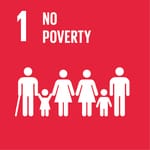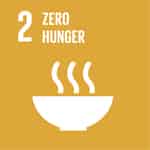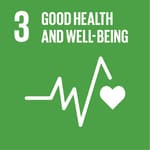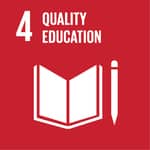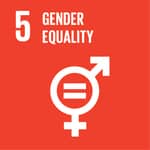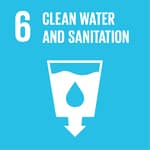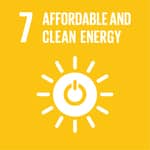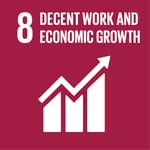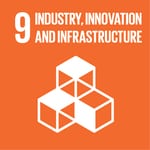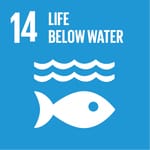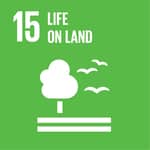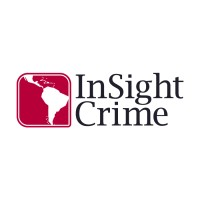It envisions a world in which government, business, civil society and the daily lives of people are free of corruption. It has a few focus areas: defense and security, oil and gas, climate change, poverty and development, business, education, health, sport, whistle blowing, tools for fighting corruption in general, creating international conventions, and prosecution of corrupt leaders. The 100 independent chapters worldwide form a “global coalition against corruption” and publish a corruption perceptions index for 177 countries, national integrity system assessments, and thorough global corruption reports with foci on topics like the water sector (2008), climate change (2011), and education (2013).
Projects:
- Anti-Corruption Knowledge Hub – An online space for TI’s research output. It is the home of the Anti-Corruption Helpdesk, TI’s expert network, a series of topic guides and country-specific research.
- National Integrity System Assessments for many countries, that evaluate key ‘pillars’ in a country’s governance system, both in terms of their internal corruption risks and their contribution to fighting corruption in society at large.
- Exporting Corruption – Based on the OECD Anti-Bribery Convention signatory country have to make foreign bribery a crime for which their individuals and enterprises are responsible. IT uses the Convention is a key instrument for curbing and monitoring the export of corruption globally.
Publications:
- News, blog, media resources, etc.
- Financial reports/annual reports
- A library of country specific research, data and resources.
- Corruption Perceptions Index for 177 countries each year they score countries on how corrupt their public sectors are seen to be.
HIGHLIGHT:
- The Global Corruption Reports (GCR)
- Global Corruption Report: Sport (2016, 398p.)
- Global Corruption Report: Education (2013, 418p.)
- Global Corruption Report: Climate Change (2011, 360p.)


